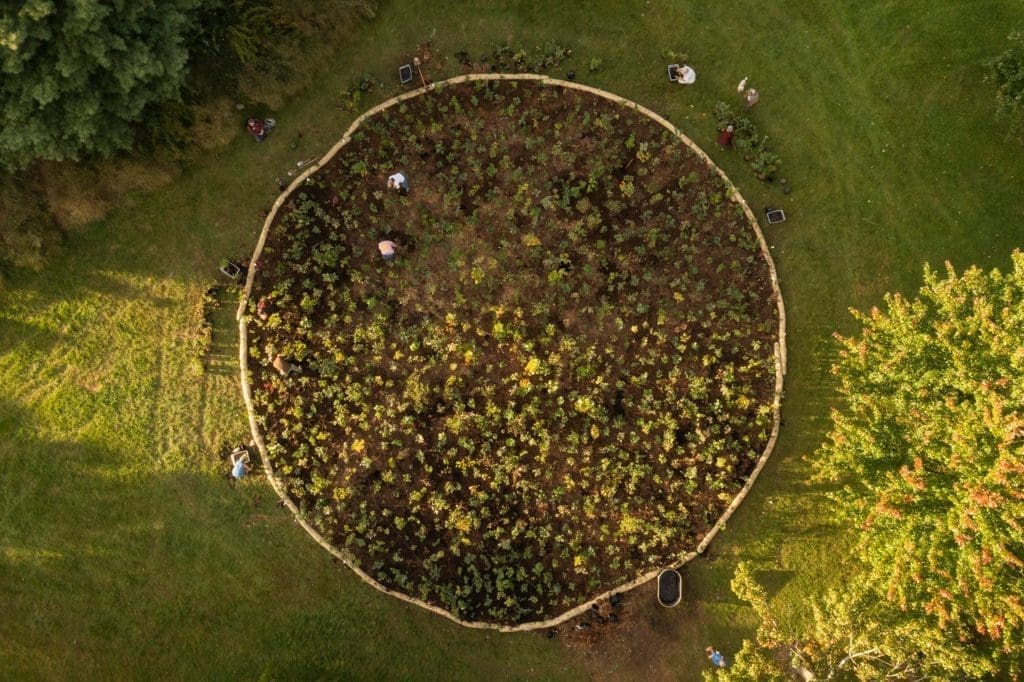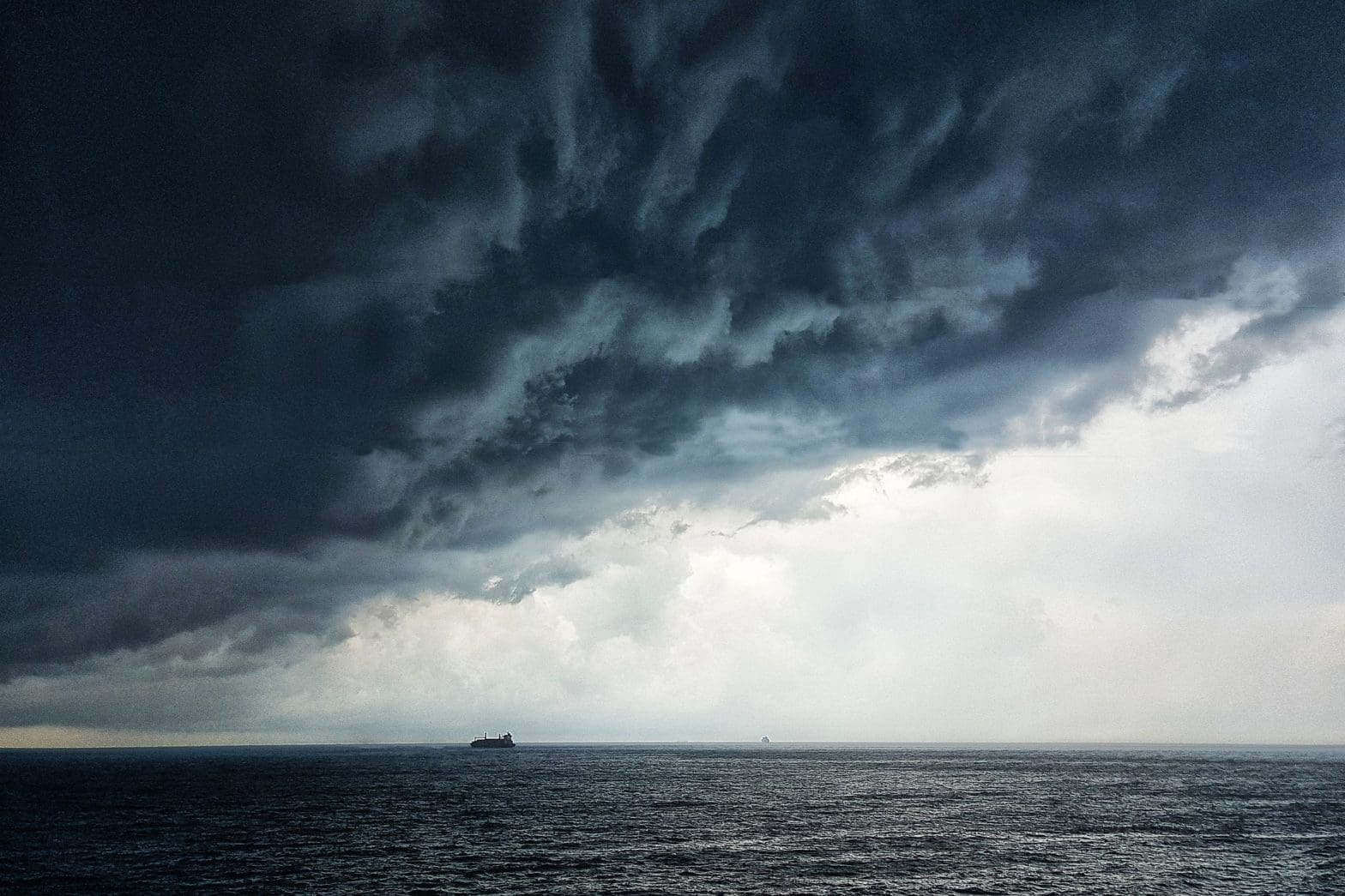Miyawaki Forests: Boosting Biodiversity and Climate Resilience with Ecosystem Restoration
December 9, 2021
Watch the webinar recording above, and check out the chat, slides, and related resources here.
Event Description

Learn about Miyawaki Forests and the newest example in Cambridge, MA, the first urban pocket forest of its kind in the Northeastern USA, which was planted this Fall. The Miyawaki method of reforestation features a biodiverse array of native trees and shrubs planted densely to encourage the natural symbiotic processes within a forest. Its many benefits include carbon sequestration, air filtration, water infiltration, buffering against flooding and erosion, creating habitat that supports pollinators and native biodiversity, and cooling the surrounding area, combatting the urban heat island effect.
The Miyawaki Forest supports soil regeneration, climate resilience, and biodiversity, and presents an opportunity for community stewardship and education on native ecology. Urban areas can increase their trees and green spaces by creating such pocket forests as small as 1000 sq ft, while larger examples in a variety of settings and climates have also been done. Maya Dutta, Outreach and Operations Manager, and Paula Phipps, Associate Director of Biodiversity for a Livable Climate, share their experience implementing such a project in Cambridge. Find out more about the Danehy Park Miyawaki Forest on the project page.

